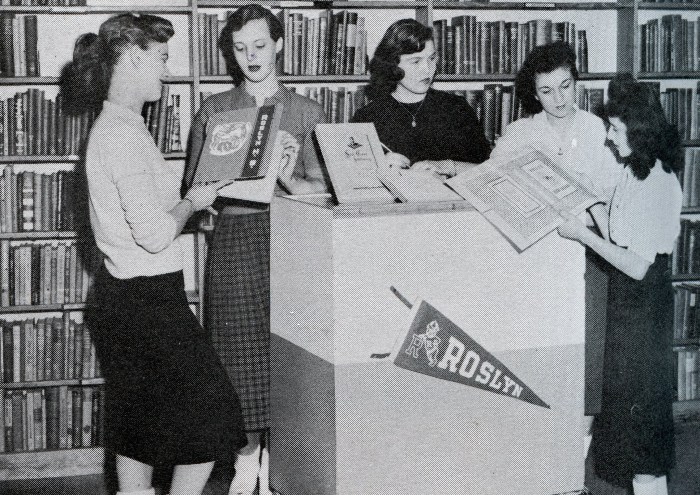Officials target Ben & Jerry’s political stand
 One of the world’s most unabashedly activist companies stepped into the most fraught and contentious of political conflicts, the Israeli-Palestinian issue.
One of the world’s most unabashedly activist companies stepped into the most fraught and contentious of political conflicts, the Israeli-Palestinian issue.
Ice cream maker Ben & Jerry’s announced on July 19 that it will stop selling its products in the Israeli-occupied West Bank and East Jerusalem. In a statement, the firm, a part of multinational giant Unilever, said it will continue to sell within Israel itself.
Founders Bennett (Ben) Cohen and Jerry Greenfield, who started their firm in Vermont in 1978, sold the company to Unilever in 2000. The parent company is not taking part in the boycott, and the founders themselves had no hand in the decision, having ceased operational control in 2000. In an essay they wrote for The New York Times on July 28, they noted that in the acquisition agreement with Unilever, “the company retained an independent board of directors with a responsibility to protect the company’s essential brand integrity and to pursue its social mission.”
Ben & Jerry’s website lists the various causes it supports, including police reform and Black Lives Matter, and states, “We believe that business has a responsibility and a unique opportunity to be a powerful lever of change in the world.”
In its statement, the company asserted, “We believe it is inconsistent with our values for Ben & Jerry’s ice cream to be sold in the Occupied Palestinian Territory (OPT). We also hear and recognize the concerns shared with us by our fans and trusted partners. We have a longstanding partnership with our licensee, who manufactures Ben & Jerry’s ice cream in Israel and distributes it in the region. We have been working to change this, and so we have informed our licensee that we will not renew the license agreement when it expires at the end of next year. Although Ben & Jerry’s will no longer be sold in the OPT, we will stay in Israel through a different arrangement. ”
Anton Media Group reached out to the firm with more questions, but spokeswoman Laura Peterson, in an email, wrote, “We’re going to stick with our original statement for now.”
In the Times piece, the founders called themselves “proud Jews” and supporters of Israel.
“But it’s possible to support Israel and oppose some of its policies, just as we’ve opposed policies of the U.S. government,” they wrote. “As such, we unequivocally support the decision of the company to end business in the occupied territories, which the majority of the international community, including the United Nations, has deemed an illegal occupation.”
The company does not formally align itself with the Boycott, Divestment and Sanctions (BDS) movement, which seeks to pressure Israel to change its occupation policies and calls on countries, businesses and universities to sever ties with the Jewish state unless it makes changes in the territories and agrees to conditions that most observers agree are anathema to Israel and its supporters.
Local governments were quick to react when the boycott was announced. All tied the action to the BDS movement, which the state and many municipalities have laws in place to combat, mainly by refusing to do business with companies who joined the BDS.
“I am disappointed by Ben & Jerry’s decision to align itself with the anti-Israel BDS movement, which unfairly and dangerously singles out the world’s only Jewish state,” Nassau County Executive Laura Curran said. “I strongly oppose the BDS movement and have worked hard to strengthen the relationship between Israel and Nassau during my time as county executive. As a county legislator, I voted to prohibit the county from doing business with companies or individuals involved in the discriminatory BDS movement. This has been my long-standing position.”
Town of Oyster Bay Supervisor Joseph Saladino noted that his town enacted anti-BDS legislation in 2017.
“BDS is nothing short of smokescreen for anti-Semitism,” he said in a statement.
“Accordingly, we refuse to give any business to Ben & Jerry’s or its parent company, Unilever. Hatred, bias, or intolerance of any kind have no place in our town, our state, or our great nation, and we will never tolerate any form of anti-Semitism.”
“The Town Board unanimously passed anti-BDS Legislation in 2017, which prohibits the town from working with companies and contractors that are participating in the BDS movement, such as Ben & Jerry’s,” North Hempstead Supervisor Judi Bosworth said in a statement. “North Hempstead’s anti-BDS legislation ensures that taxpayer money is never used to do business with or support any company that engages in a boycott of Israel. North Hempstead is a community of unity and inclusion. We remain committed in the fight against intolerance, and we are unwavering in our condemnation of this BDS movement.”
Most vocal was the Town of Hempstead, which held a press conference on July 22 with area Jewish leaders to denounce the action. Supervisor Don Clavin pointedly noted that outside of NYC, his town had the largest Jewish population in the country and the town would make a stand against what it considered anti-Israel movements like BDS.
Councilman Bruce Blakeman said, “How do we know that Ben & Jerry’s are anti-Semitic? The evidence. Do they say anything about Cuba? Talk about the oppression in Cuba? Do they say that they aren’t going to sell their products in Cuba [and other countries]? No, they single out Israel. Why? Because it’s a Jewish state and we all should be mindful of that and not tolerate that anti-semitism.”
Clavin added that he would be going through his cupboard and throw away any Unilever product.
State Assemblyman Charles Lavine (D–Glen Cove) joined colleagues in criticizing the decision, writing in a letter to CEO Matthew McCarthy that “the boycott is nothing more than a hollow gesture calculated to appease BDS proponents” after noting that Unilever has not joined the boycott.
Anton reached out to the county and all three towns to determine how much business they do with Unilever. As of press time it had only heard back from Oyster Bay spokesperson Marta Kane, who wrote, “The town is in the process of thoroughly examining all contracts to ensure no purchases are made from Unilever.”





























